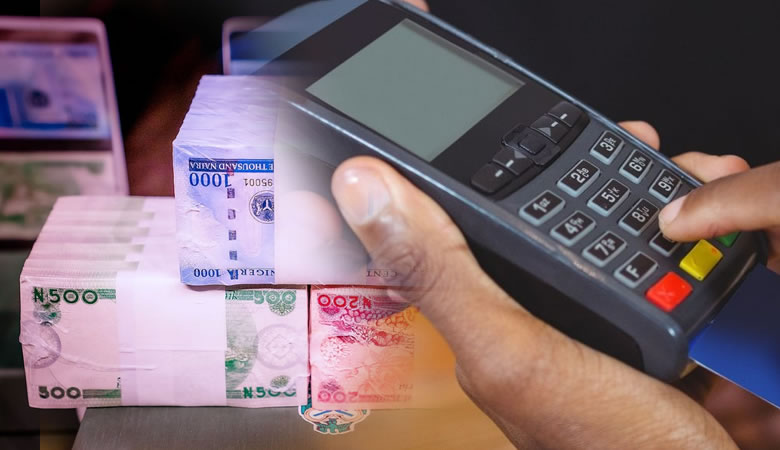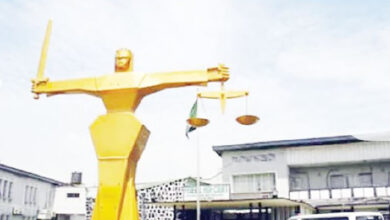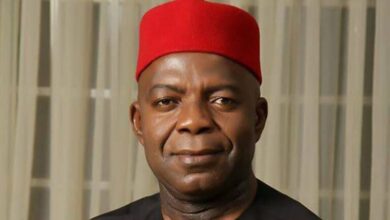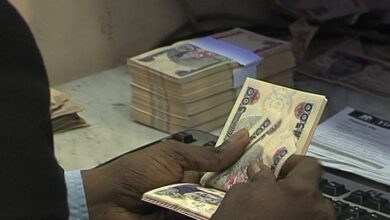POS Operators Adjust Charges Amid Federal Government’s Implementation Of N50 Electronic Money Transfer Levy

Point-of-Sale (POS) operators across Nigeria have increased transaction charges following the Federal Government’s enforcement of a N50 Electronic Money Transfer Levy (EMTL) on inflows of N10,000 and above. This policy, which began on December 1, 2024, was introduced as part of the Federal Government’s Stamp Duty Act and is administered by the Federal Inland Revenue Service (FIRS).
Fintech Platforms Comply
Several fintech platforms notified their customers over the weekend about the levy. Moniepoint, for instance, clarified in a statement that the N50 charge applies to all electronic inflows of N10,000 or more, except for transfers between Moniepoint accounts owned by the same user. Similarly, PalmPay assured customers that it would continue offering free transfers to any bank account but emphasized that the levy would be remitted directly to the federal government.
Impact on POS Operators
POS operators, who act as intermediaries for cash transactions, have reacted by increasing service charges to cover the levy. For example:
•In Ogun State, a POS operator, Kazeem Adewale, noted that the policy had caused confusion among customers, many of whom believe the operators are exploiting them.
•Helen Faniran, a POS operator in Ondo State, reported rising costs due to cash scarcity and the need to buy cash from market vendors.
•Operators in Lagos, such as those in Agege and Ikotun, confirmed that charges would increase by Tuesday, with many customers already paying higher fees.
Customers have reported paying as much as N400 for a N10,000 withdrawal and N600 for N20,000, up from the previous charges of N300 and N400, respectively.
Public Reaction
The levy has sparked widespread criticism on social media, with users expressing frustration over the additional financial burden. Many labeled the levy as punitive, discouraging digital transactions, and amplifying economic hardships.
•Sam Addai, a user on X (formerly Twitter), described the levy as “one of the most obnoxious taxes.”
•Another user, @chxbueze, lamented the combined charges from both the government and POS vendors, calling it an unfair strain on citizens.
Economic Concerns
Economists and industry experts have raised concerns about the potential impact of the levy on Nigeria’s growing fintech sector.
•Marcel Okeke, a former Chief Economist at Zenith Bank, warned that the levy could discourage digital transactions, leading to reduced financial inclusion and a negative impact on the economy.
•Alias Aliyu, another economist, criticized the timing of the policy, describing it as a “desperate move” by the government to increase revenue amid challenging economic conditions.
Looking Ahead
While the government justifies the levy as a measure to increase revenue, its implementation has reignited debates about the fairness and timing of tax policies in Nigeria. The POS operators’ response reflects the broader economic struggles faced by small businesses and individuals alike, raising questions about the balance between revenue generation and economic equity.
As the policy unfolds, stakeholders are calling for a review to mitigate its impact on ordinary Nigerians and ensure it does not stifle the growth of the fintech and digital payment sectors.



